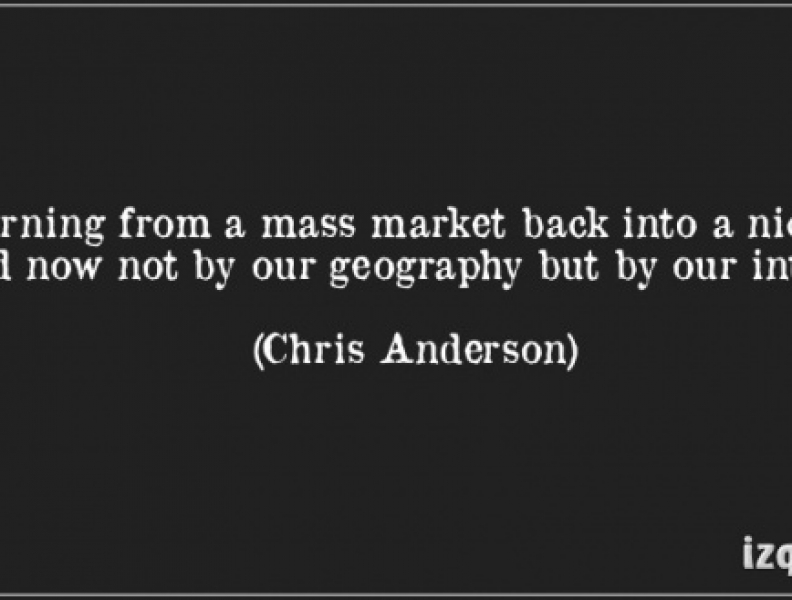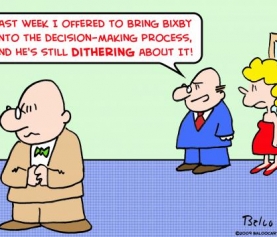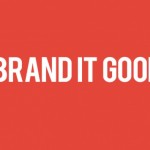Let’s face it. Everyone dreams their startup will be the next Twitter, Facebook, Pinterest, LinkedIn, Instagram etc. How amazing would it be to turn your dream into a multi-billion dollar company that impacts the planet and makes you famous!
Reality is it would be fantastic and there is nothing wrong with having that vision. It gives you the drive to push through hard times and maintain entrepreneurial passion.
Unfortunately, many Founders forget to look out for niche market opportunities that need a better mousetrap or a surprisingly easy new tech solution. The ambition to build the next Facebook blinds many to the opportunity of creating a $50 million SaaS for X industry or niche demographic. Then go do it again, but this time with fantastic resources.
In theory, the idea that your product or service “appeals to everyone” means it will be easier to gain traction, and therefore more funding, more revenue and more fame. While this is true in theory, you and EVERYONE else with a business model that appeals to mass consumers thinks the same! Not only do you face other startups, but also major corporations with incredible resources. They have the resources to literally lose money (in your market) until you go under.
More importantly, they literally spend millions just to crush small potential competitors.
This isn’t to say your idea doesn’t appeal to mass consumers, or that it’s impossible to build a planet changing new company. The reality is that it’s literally a one in a billion chance. You need incredible resources and to be ready for it to dominate your life, family and happiness.
Let’s consider how many advertisements bombard the average consumer each day. An average consumer see 5,000 ads per day. While some see up to 20,000 per day. As consumers we are completely unaware of this, but that is just reality.
So let’s think about this from a startup perspective. You either have to have a massive advertising budget and time to break into brand recognition. Get really lucky and go viral. Or gain some local traction and be ok with not going much further.
Don’t take us wrong, we like mass consumer ideas and are willing to take a risk on them, but if there is a niche opportunity…why not go after it!
Now what are some opportunities and benefits of going after a niche market?
First off you know exactly who to target. Who you need to ask for improvements to your product or service. You know where they are and what they are looking for. Most of the time, as a Founder, you are one of them and already know how they think!
This means you are ahead of the curve and know how to communicate with this demographic. You know what people just like you are looking for or wish existed. As we design, develop and launch your web or mobile application, this mindset is critical to a successful customer acquisition strategy and retainment. As our marketing strategists and creative team are developing launch campaigns, having your insight into the demographics is imperative.
Take creating an email marketing campaign targeting human resource directors to use a new SaaS. Let’s say this new platform solves an industry problem. However, you know that in reality it’s most imperative that the top 15% get the problem solved first. It’s a no brainer for decision for them. While the rest of the industry has this same problem, it’s not as vital therefore they will need more time to decide and convert.
What if we marketed to them AFTER major players in the top 15% became customers?
Now your marketing campaign can talk about how the competitors they emulate think this is a good idea! If your competitors are using this software, app, or hybrid then it must be good! The first touch can be the difference between success and failure.
One of the biggest problems going after mass consumer markets instead of a niche is not know exactly these things. This knowledge and intuition provides the ability to connect with customers via functionality and marketing communication. Take advantage!
When being able to partner with a team like ours, this becomes an even bigger advantage! It is no longer about “how much money you have” rather what is the most “viable functionality and profitable options”.






